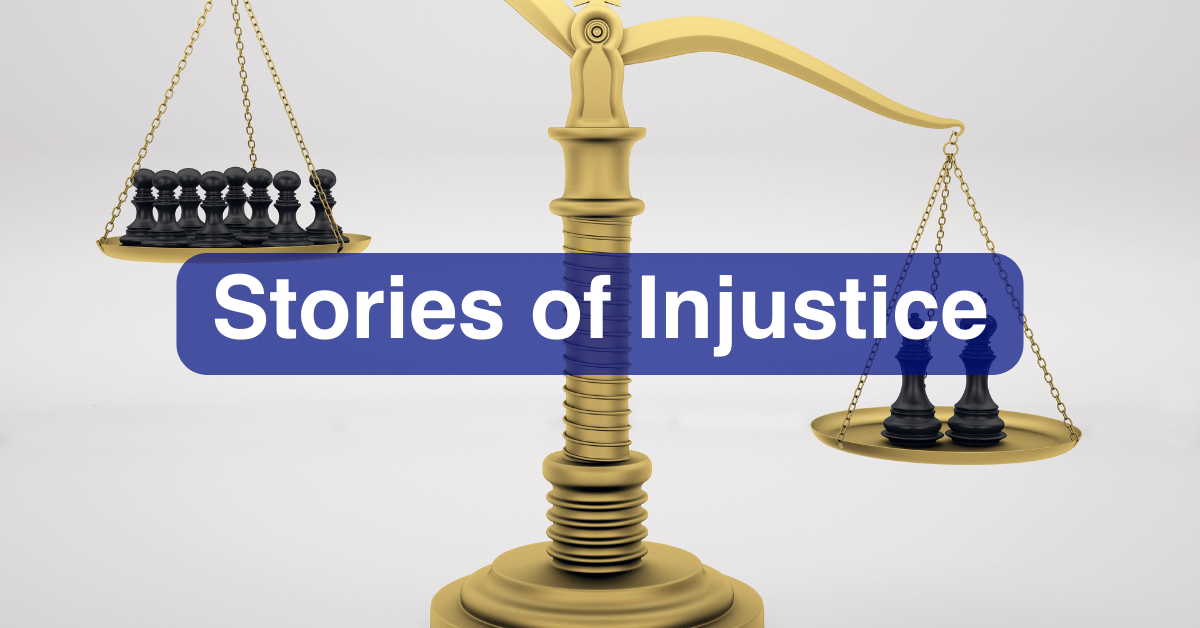Robin Steinberg is the founder and CEO of The Bail Project, a national organization that utilizes a revolving bail fund model to bail clients out of jail and combat mass incarceration. Prior to founding The Bail Project, she worked as a public defender in the Bronx for 35 years and founded three other effective criminal justice reform organizations: The Bronx Defenders, The Bronx Freedom Fund, and Still She Rises. She has shared her expertise in The New York Times, The Marshall Project, USA Today, TED, and several esteemed legal journals.
Stella Kleinman: Throughout your 35 years as a public defender, what incentivized you to fight so fiercely against American cash bail?
Robin Steinberg: Every single client I saw hauled off to a jail cell because they didn’t have enough money to pay their cash bail created the incentive in me to question how we could attack the cash bail system from the front end. Standing next to people and defending people in the criminal legal system was an honor, but I knew in the later phases of my career [that] I wanted to prevent incarceration before it began. No matter how great a public defender I was or the people I worked with were, sometimes it all boiled down to money. The Bail Project seemed like the perfect way to spend my time attacking a system that I abhor, a system that has been a prime driver of mass incarceration in this country for decades. I’m honored to do the work that I do.
SK: In your 2018 TED Talk, you explained that the cash bail system incentivizes people to plead guilty when they can’t afford to pay the monetary costs or the social costs of spending time in jail. You talked about your decision to found The Bronx Freedom Fund and your expansion of the revolving bail fund model to a national level through The Bail Project. What opposition did you face with this expansion process?
RS: I expected opposition from the bail bond industry, certain prosecutors, and police unions, who profit off of cash bail and want the status quo to remain. What I didn’t expect was opposition within our own social justice field, fueled by the question of who gets attention and who gets money. Those of us in the criminal justice reform space have been fighting for very limited dollars, so when I was able to get the startup funding from The Audacious Project, I understood why some people were angry. But it takes an ecosystem of many people doing this work using many different strategies. We worked really hard to have a proof of concept for the revolving bail fund model and what our scaling process and impacts might look like.
It’s disheartening to face adversity from your own field. Luckily, as more money has come into the criminal justice reform space, a lot of this anger has been subdued.
SK: Do you see the revolving bail fund model as capable of combating the bail system and mass incarceration on a national scale?
RS: The revolving bail fund model is not a solution, it’s a Band-Aid. And when people dismiss it as a Band-Aid, I like to say “Band-Aids can prevent people from bleeding to death.” While we’re addressing the humanitarian crisis and getting people out of jail with the revolving bail fund, we are feverishly working towards our ultimate goal of systemic change, towards a future that doesn’t need a Bail Project. We can’t reach everyone but we can help many individuals while we’re marching towards long-term systemic change.
Click here to read the rest of the interview.





